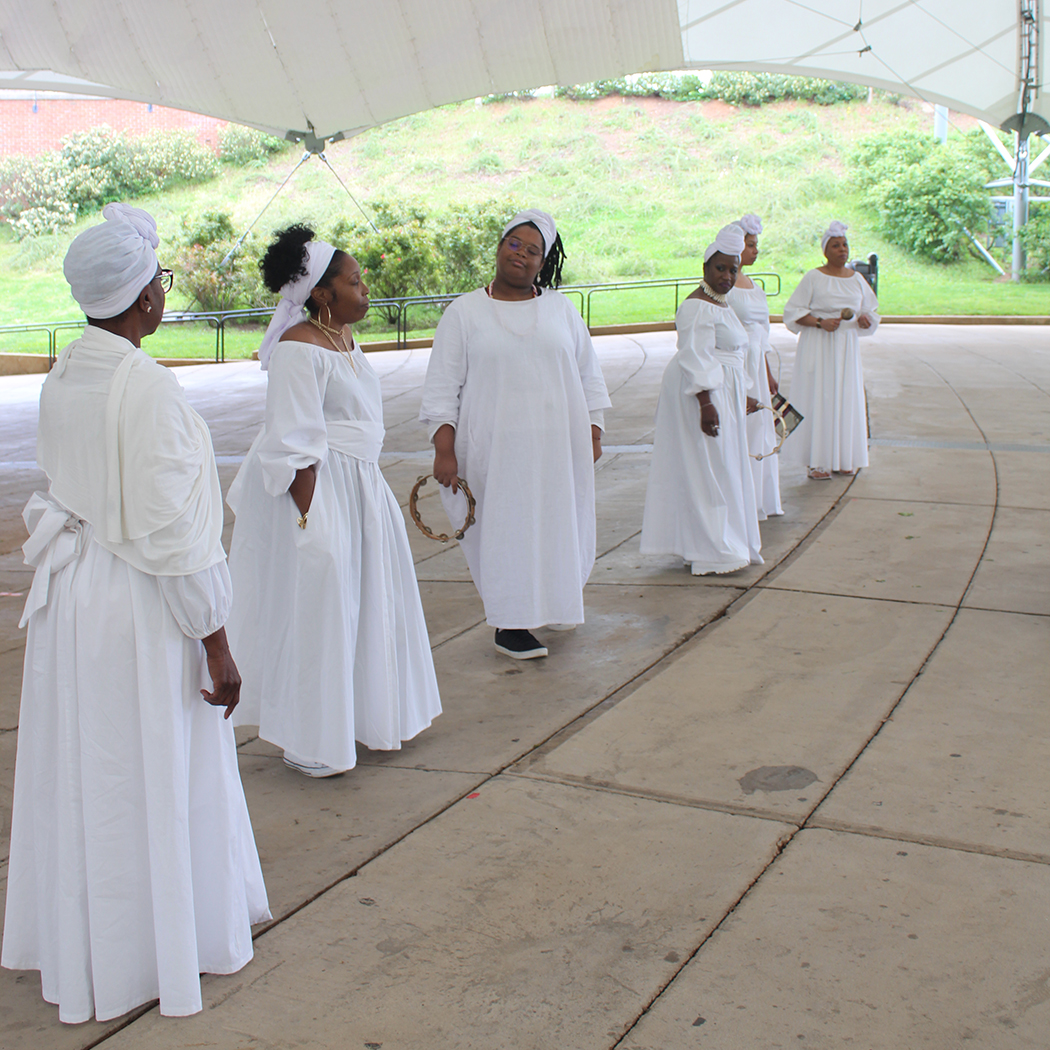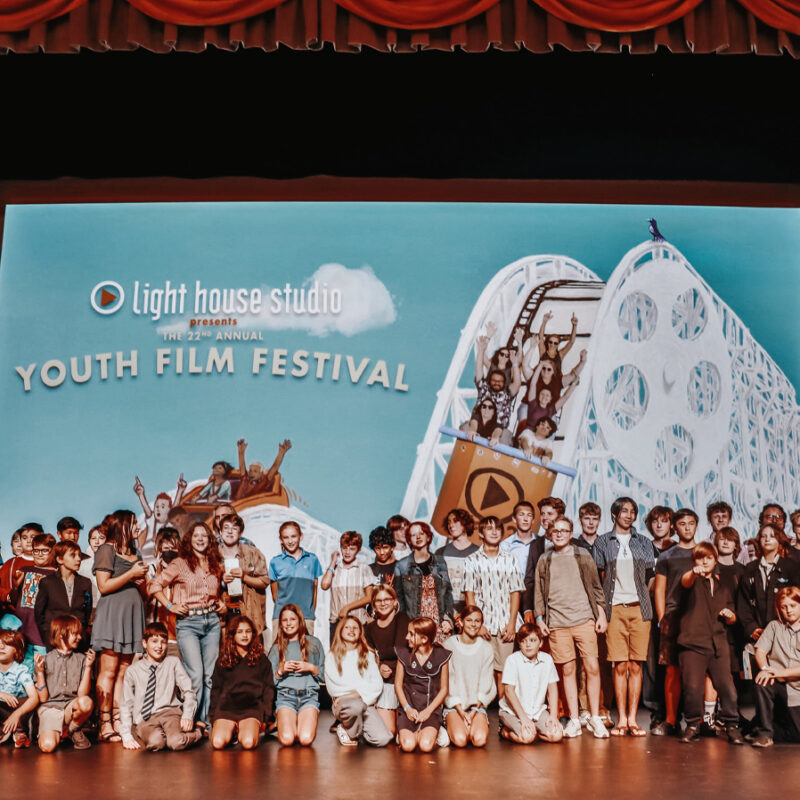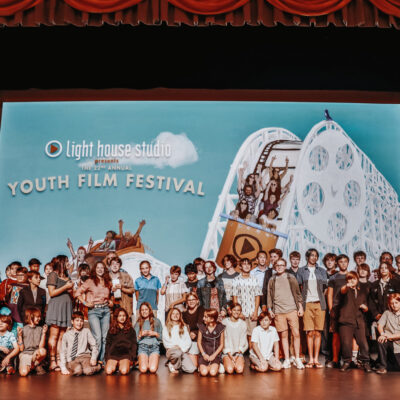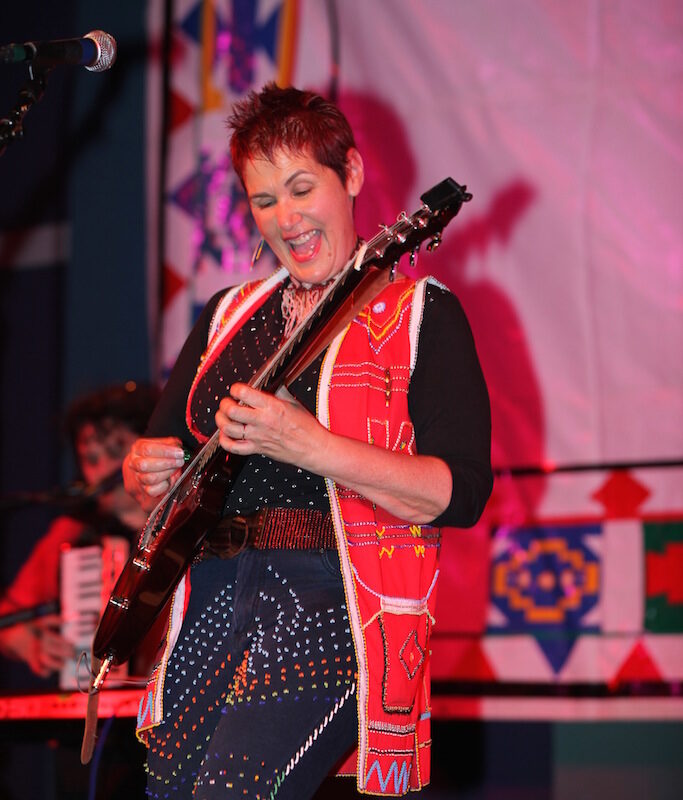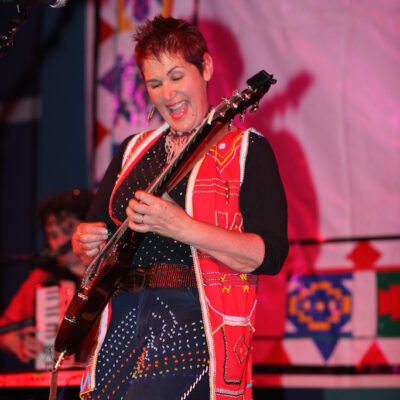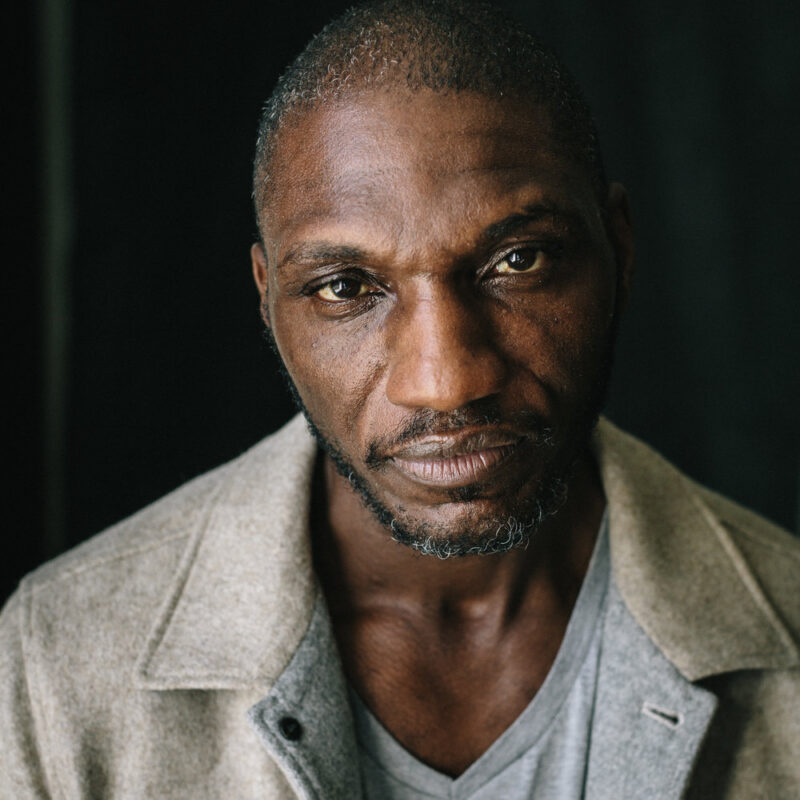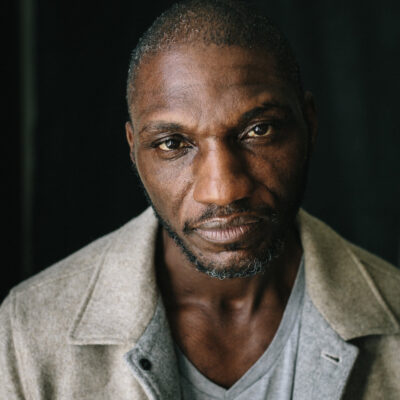By Julia Stumbaugh
The majority of Charlottesville and Albemarle County’s adult population have received at least one shot of the COVID-19 vaccine—and we may have an enslaved Black man from modern-day Libya to thank.
Onesimus, who helped introduce the idea of inoculation to the West, is one of many enslaved Africans and descendants whose societal contributions are often whitewashed by American history. That’s one reason Live Arts partnered with Literary Collective of Black Women founder Vivian Feggans and playwright Mariela Edwards to put together We Are The Ones We’ve Been Waiting For: Our Ancestors Breathing, a pay-what-you-can virtual play that opens May 20 at Live Arts. (You can find tickets at livearts.org/wato/.)
The production draws from the voices and experiences of Black activists in America. From Nannie Helen Burroughs, a woman inspired by her formerly enslaved parents to open a school for girls and campaign for Black women’s suffrage, to Anna Murray Douglass, an abolitionist who helped her husband, Frederick Douglass, escape captivity by providing him with a sailor’s suit disguise, Our Ancestors Breathing draws on the stories of people who became activists through unimaginable trauma.
“That’s what they all have in common,” says writer and director Edwards. “They’re not broken down. When you can stand against adversity, and make something of yourself and contribute to the world and society, that’s what I call power.”
Edwards spent a year doing research for the play, which was written in hopes of inspiring others—especially other Black women—to recognize that same power within themselves.
“I found that I constantly share a lot about myself, because subconsciously, or even consciously, I wanted people to see how bright and beautiful and brilliant we are,” Edwards says. “I felt like I wasn’t talking for me, but for Black women in general.”
One of the most powerful women Edwards read about before the production’s debut in 2019 was Harriet Ann Jacobs, who Edwards herself represents in the production.
To escape sexual abuse and protect her children from her enslaver, Jacobs hid in an attic so small she couldn’t stand up for seven years before she managed to escape and begin founding schools for people freed from enslavement. Her autobiography, Incidents in the Life of a Slave Girl, struck fellow mother Edwards to the core and inspired her to return to her activist roots.
“Even if you were taught to dislike people and hate people based on the color of their skin…sexism, racism, colorism, that was taught,” says Edwards. “We were made with an innate desire to be loved; we were not made with the innate desire to hate.”
Edwards hopes to remind audience members of their own inherent tendency to love other humans with her stories of joyful triumph over horrific adversity, all set to a drum-heavy score of stirring Ghanaian music.
The final activist represented in the production is Heather Heyer, who was killed just blocks away from the Live Arts theater while protesting the 2017 Unite the Right rally in Charlottesville. Although Heyer’s story is tragic, Edwards hopes that viewers leave not with a feeling of despair but rather one of hope and courage.
“I wanted some of these things to be an affirmation for [the audience],” she says. “Like the fact that you are loved, that there’s a groundedness that lives inside of you…our ancestors are always looking over you. They’re always connected to you, and these ancestors are connected to you by blood and by love.”
Our Ancestors Breathing, the latest of the Literary Collective of Black Women’s efforts to educate community members on racism in Charlottesville, is “not just performing for performance’s sake, it’s not just performing for a check,” Edwards says. “This production is a mission.”
